
AFRICA
VISION
2025-2030
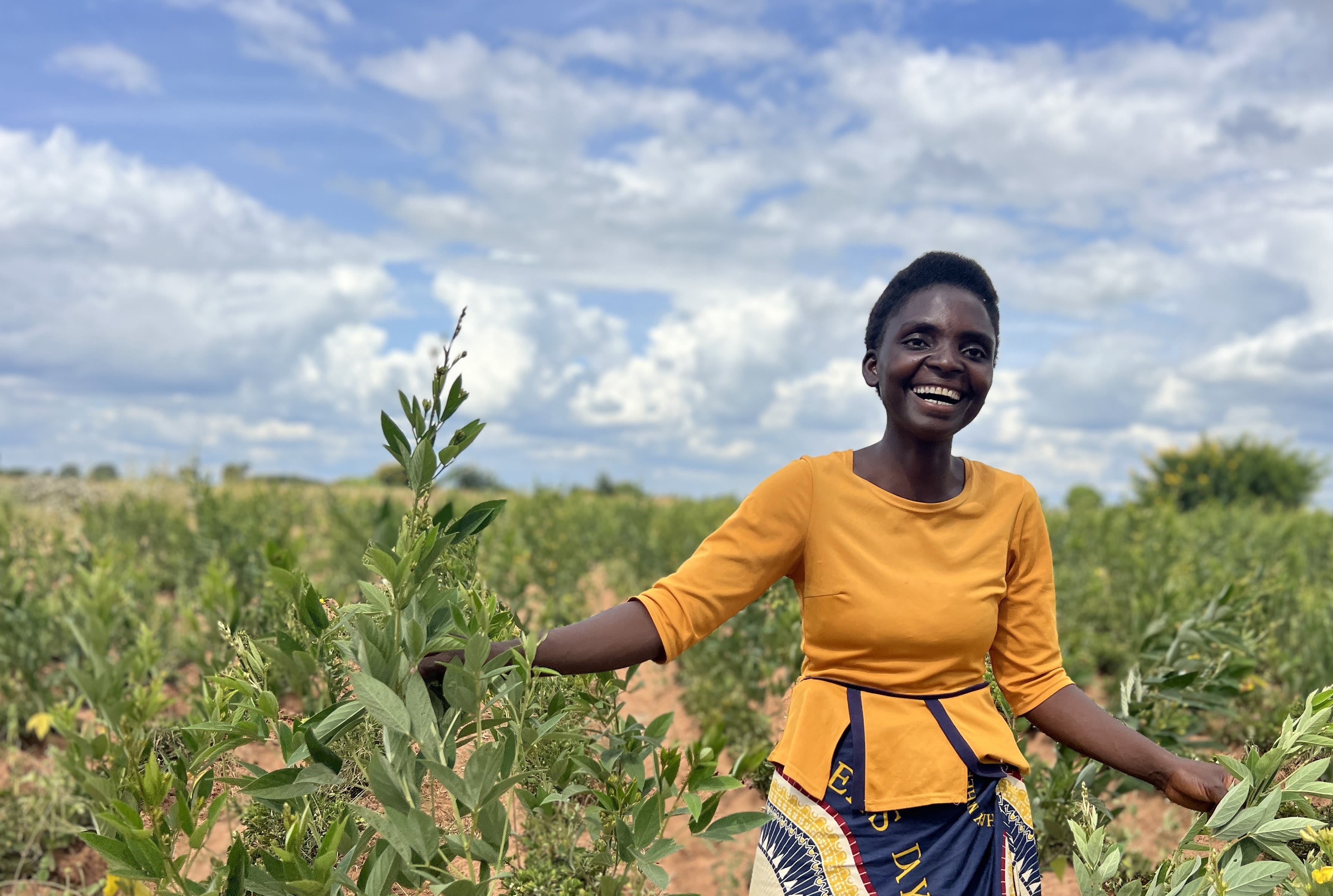
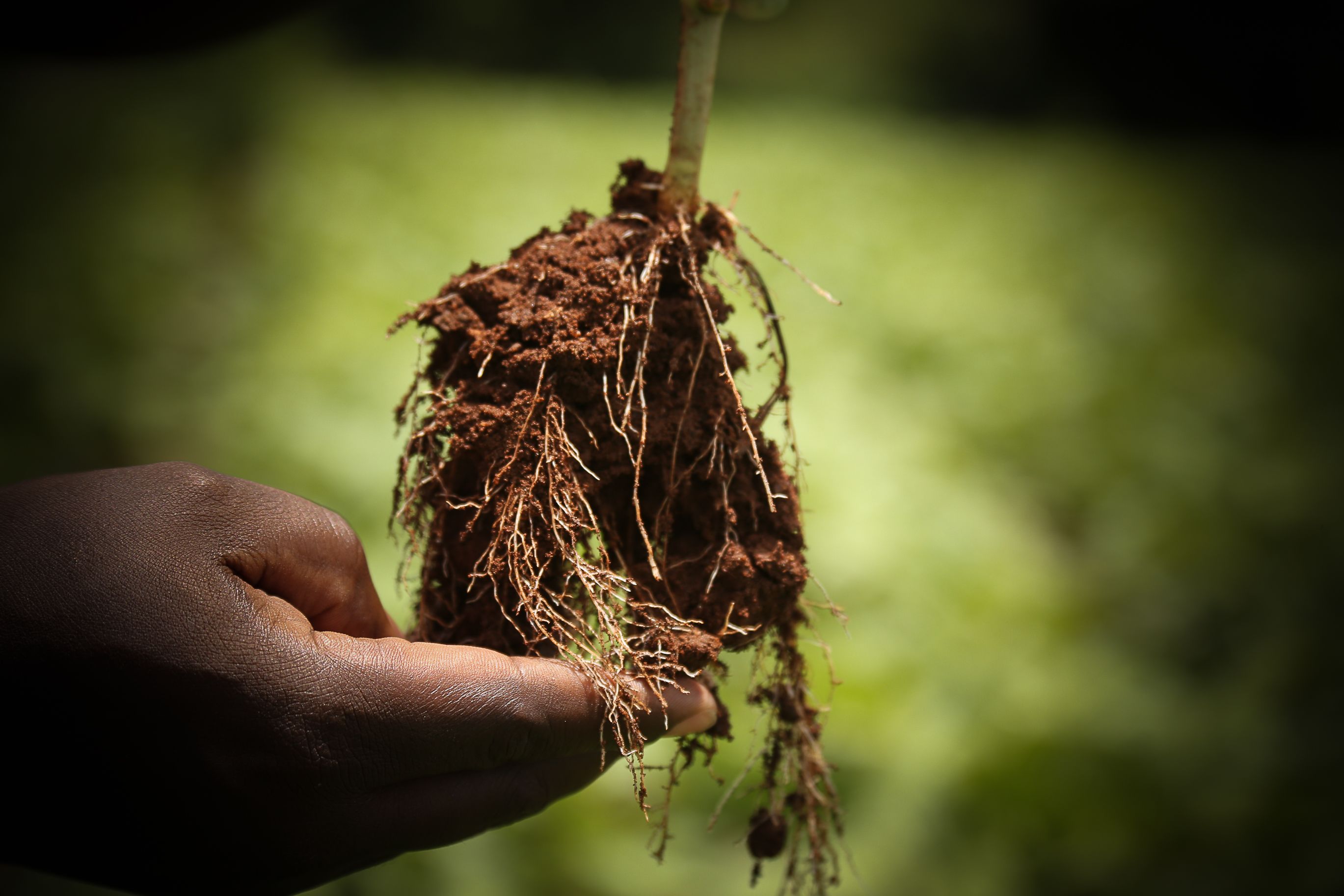
Pest and Disease Control
Pest and Disease Control
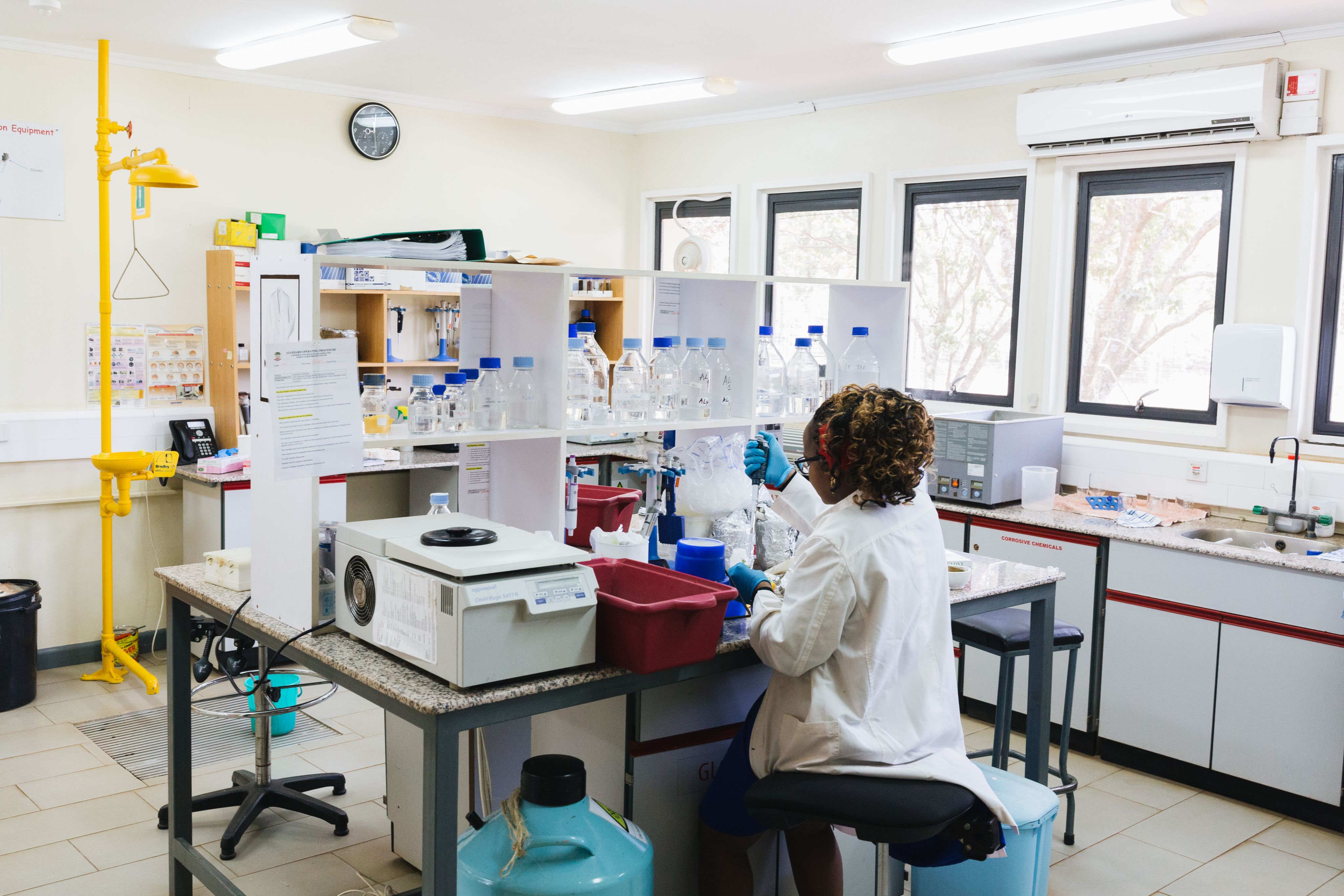
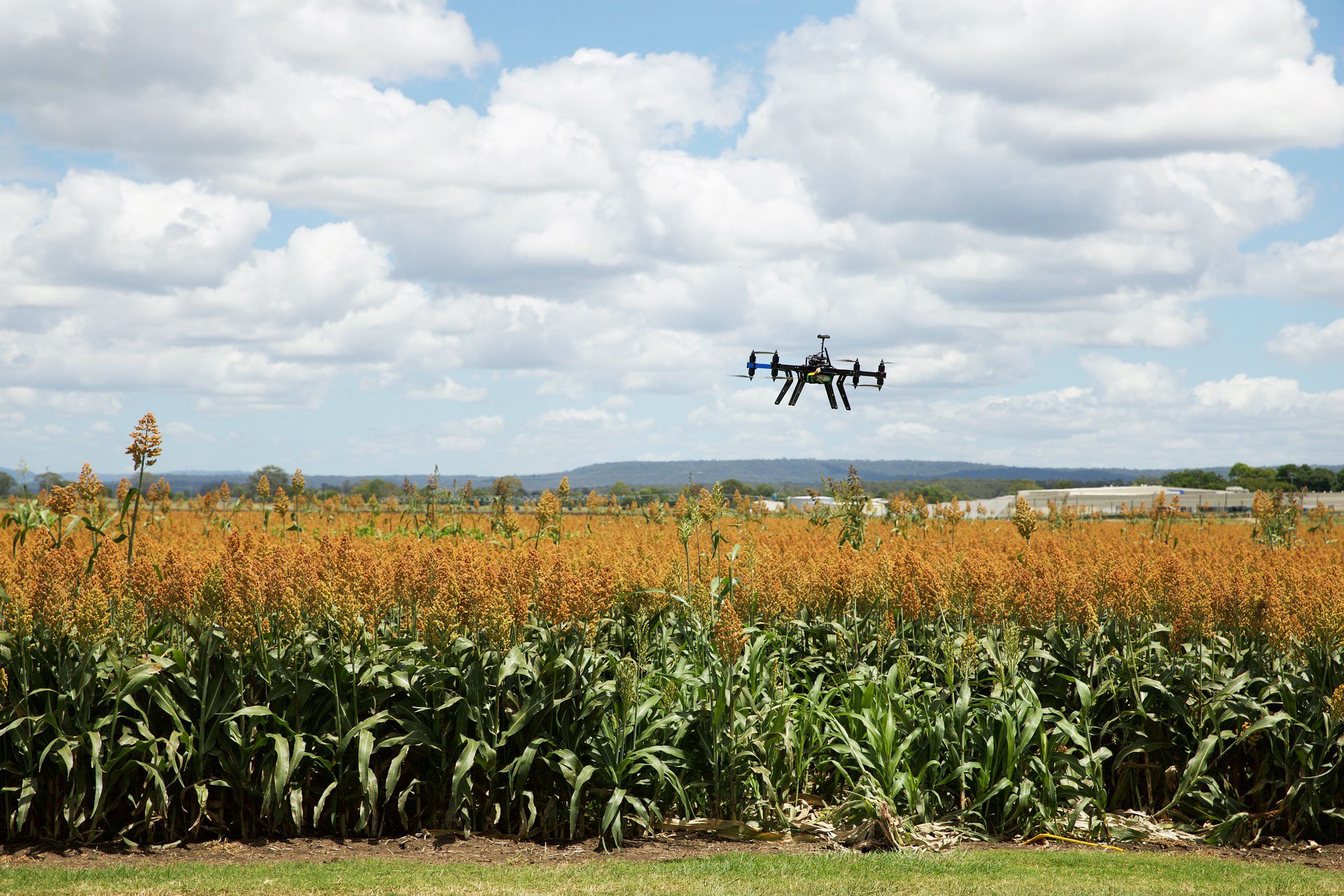
Our Vision for Africa
Africa's drylands are transformed into thriving hubs of sustainable agriculture, where innovative farming techniques and community empowerment drive economic growth, environmental resilience, and food and nutrition security for all.
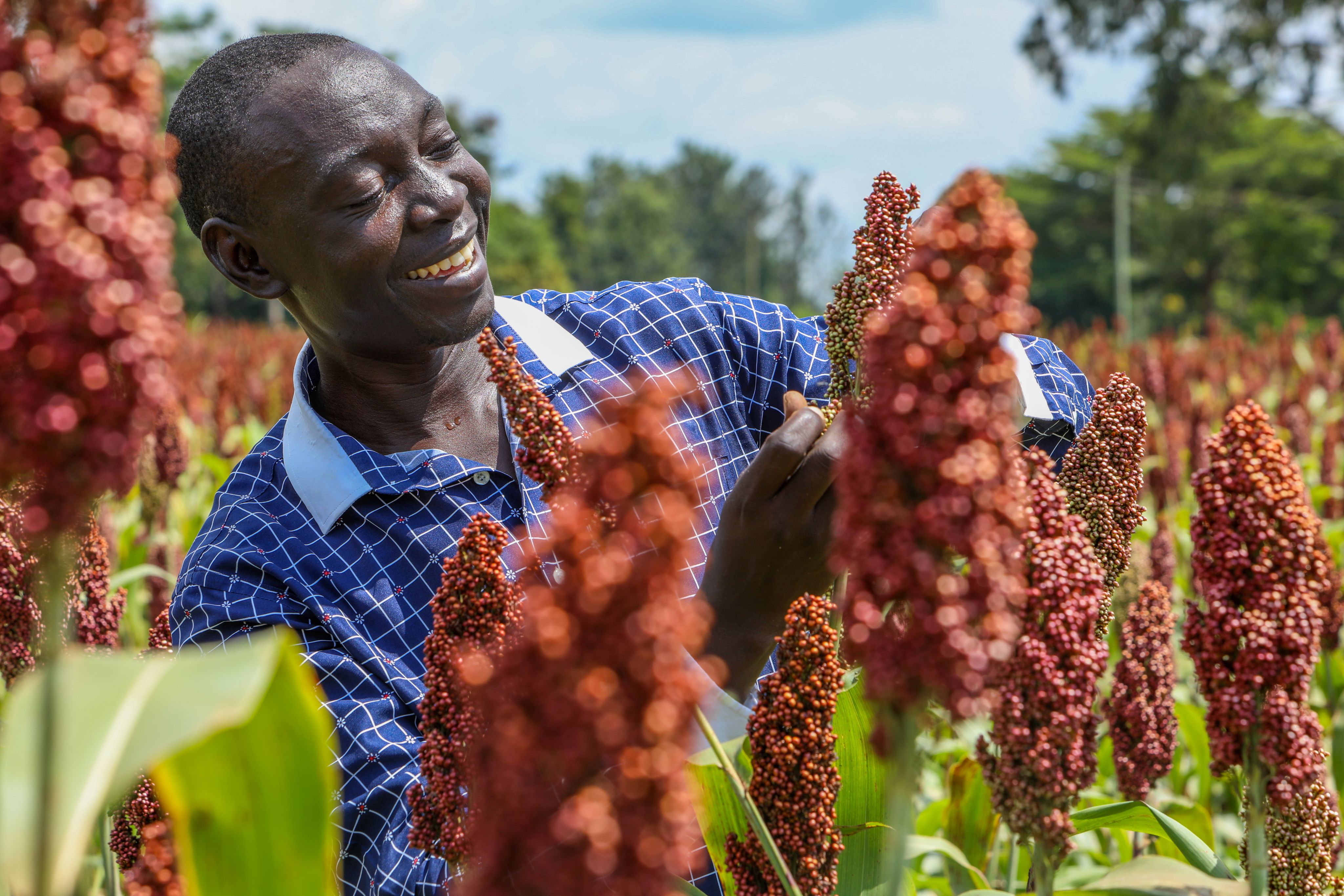
The Dual Nature of African Dryland Agriculture: Challenges and Prospects
The Challenges
Africa's drylands cover approximately 43% of the continent which are severely impacted by climate change and diminishing rainfall.
Those who call the drylands home face severe hardships due to food and nutrition insecurity, harsh, unpredictable environments and conflict insurgencies in some semi-arid areas.
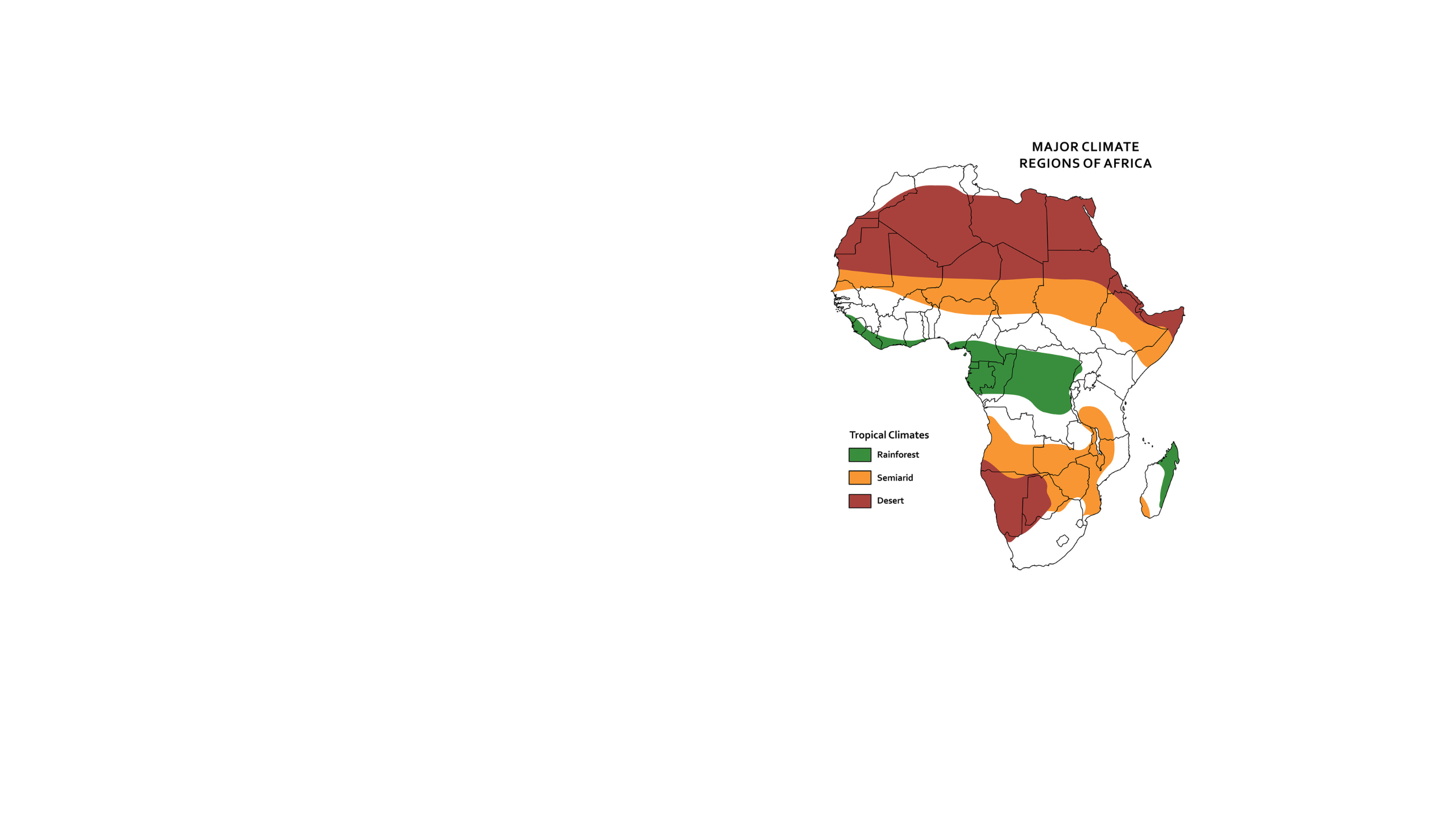
Additional challenges facing Africa's Drylands include:

Population Growth and Urbanization
Increasing demand for food and shifting consumption patterns.
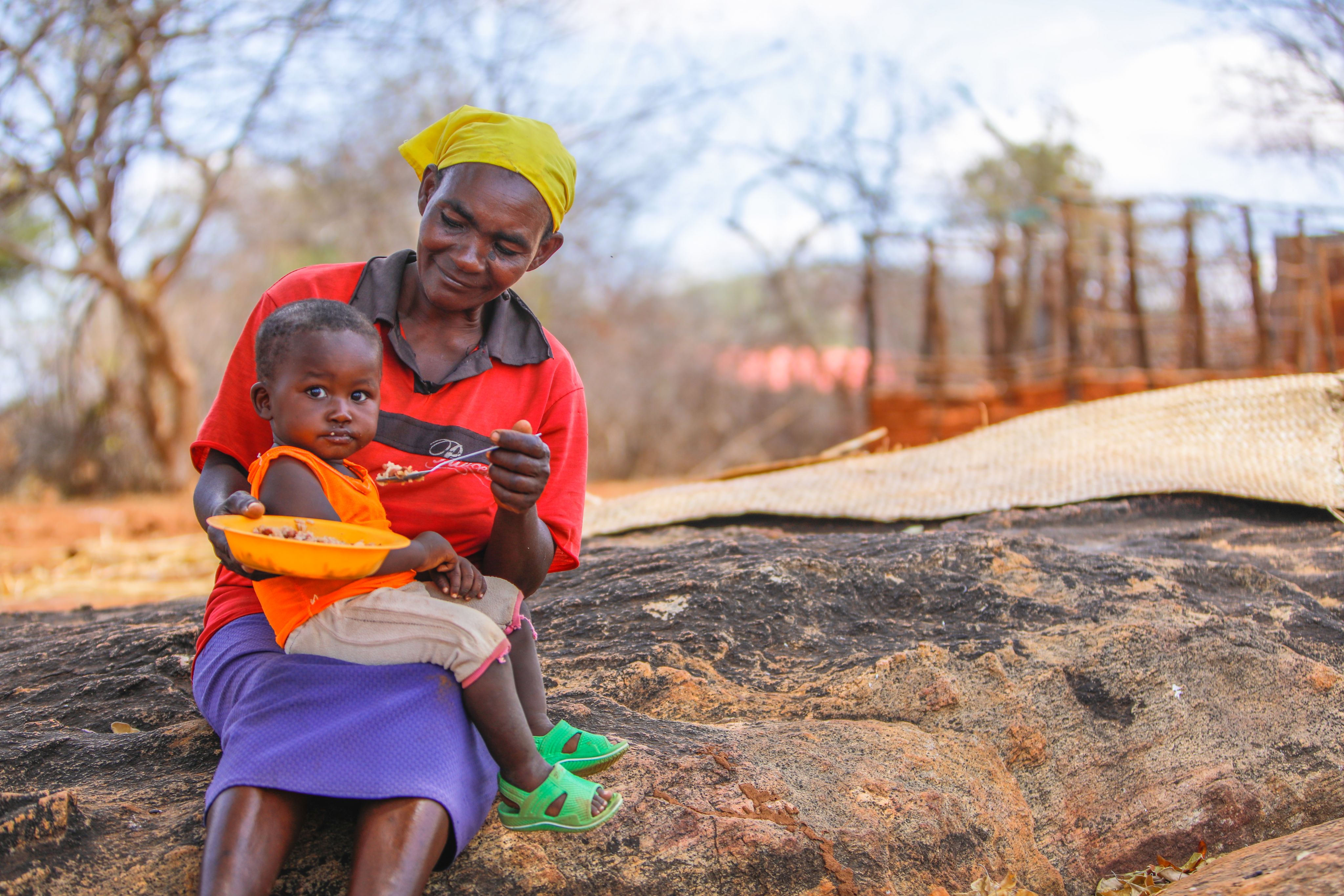
Malnutrition
Projected to affect half a billion people by 2030.
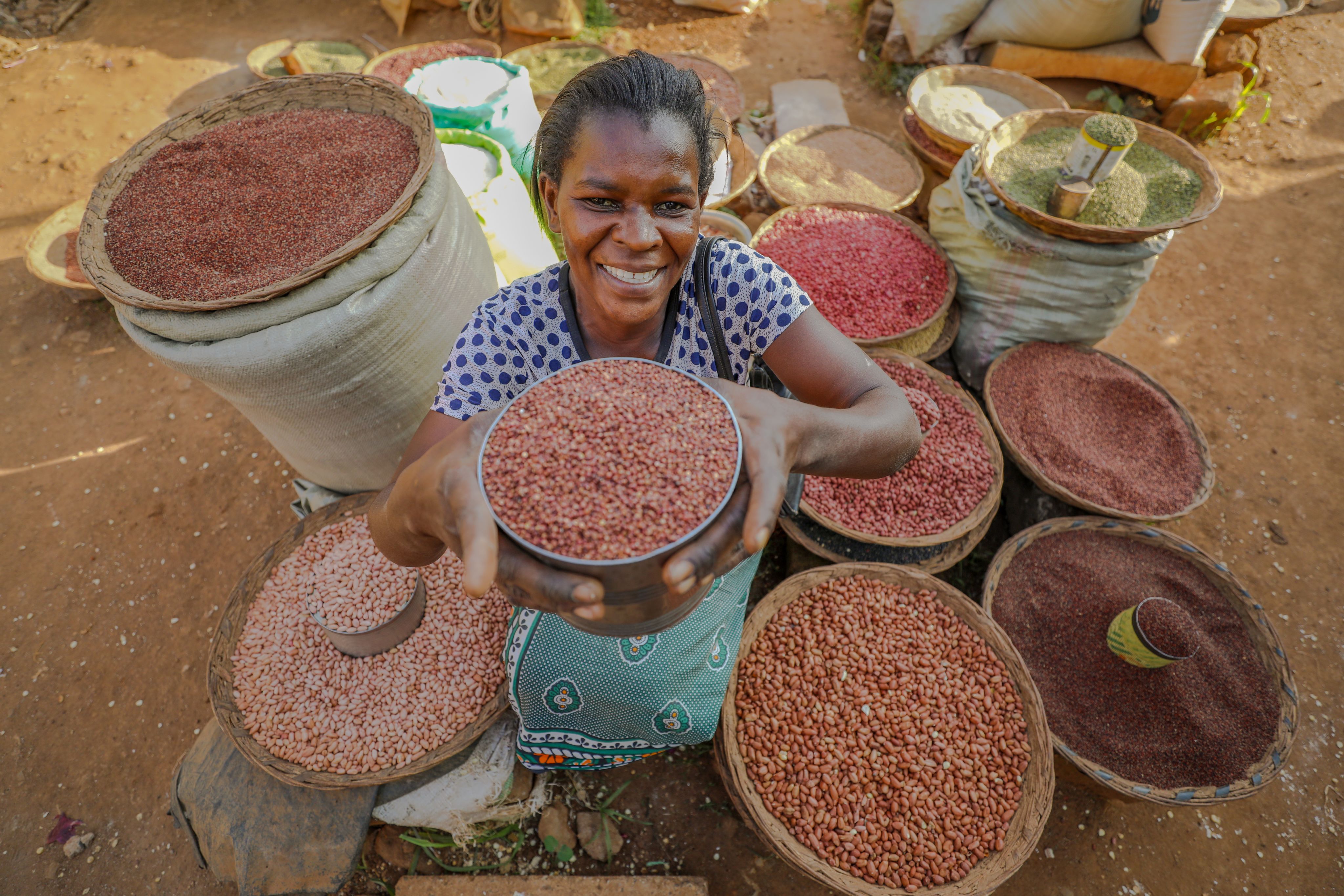
Market Issues and Conflicts
Underdeveloped markets worsened by ongoing resource-based conflicts hinder development and reduce resilience.
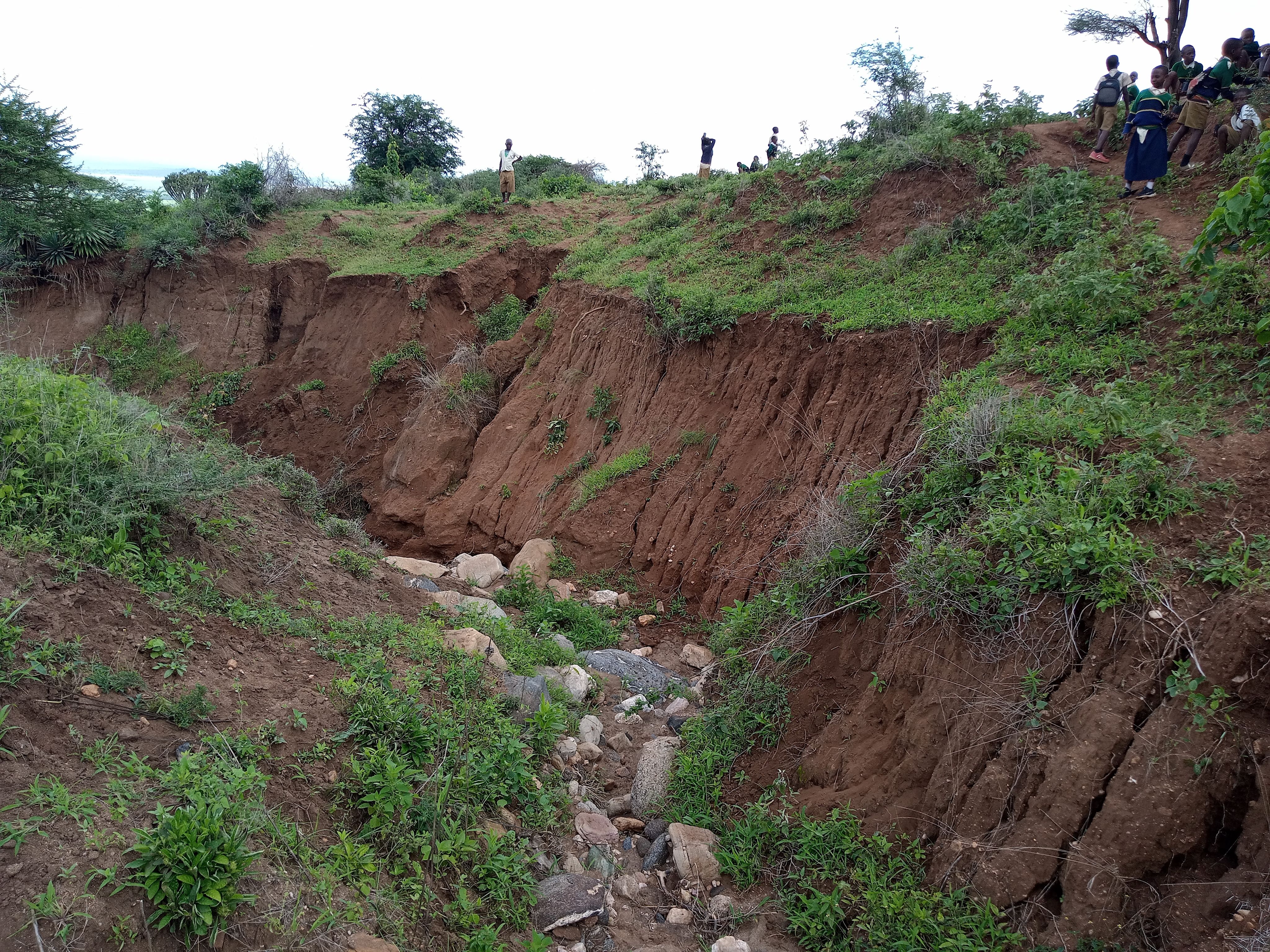
Soil and Environmental Degradation
Land degradation and biotic stresses contribute to significant pre-harvest and post-harvest losses. The soils in the drylands have inherently low soil fertility characterized by low organic matter and high erosion rates. The low soil fertility is compounded by crop nutrient mining and poor soil management practices.
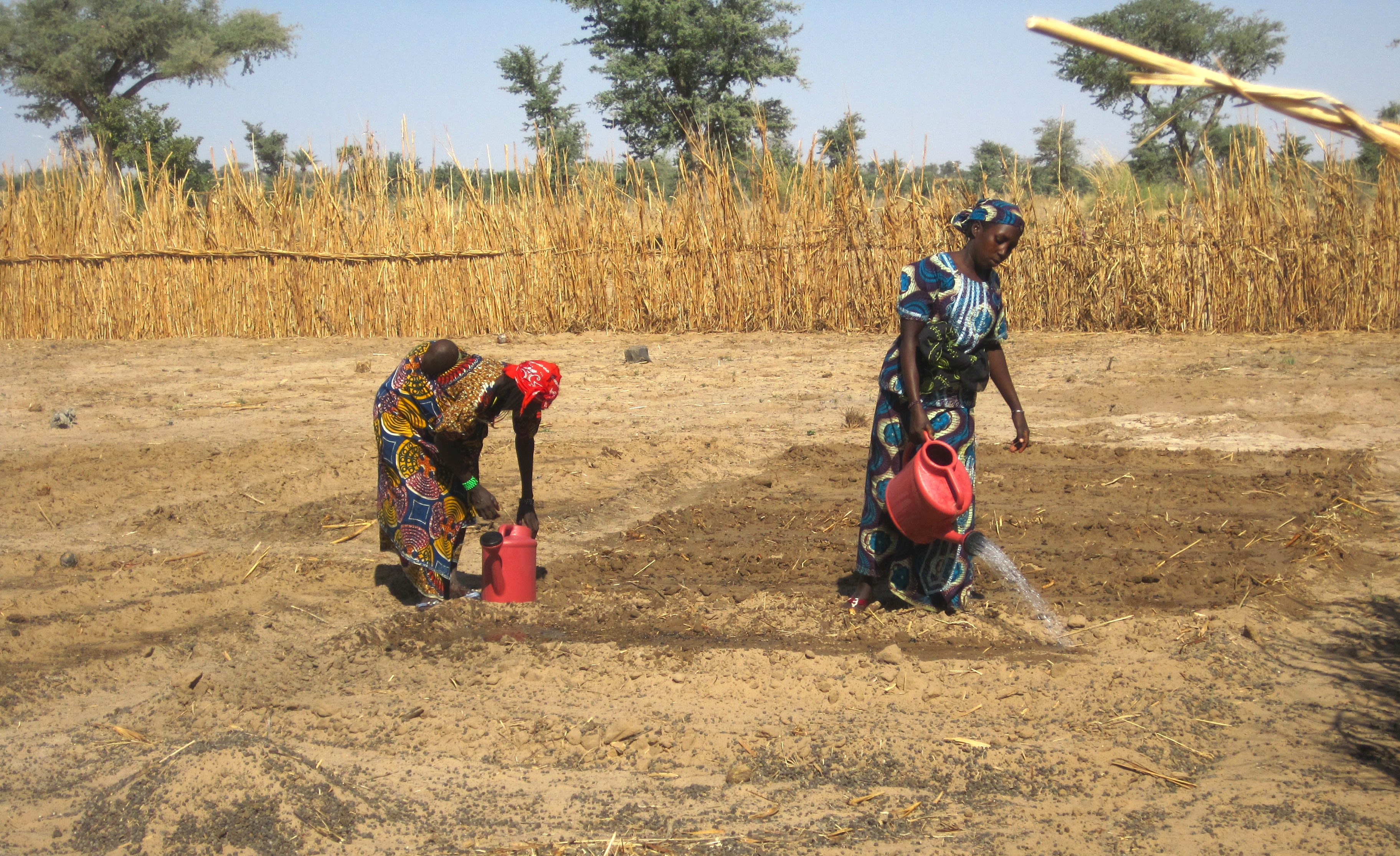
Climate Challenges
Rising temperatures, delayed cropping seasons, erratic rainfall, and increased flooding due to climate variability.
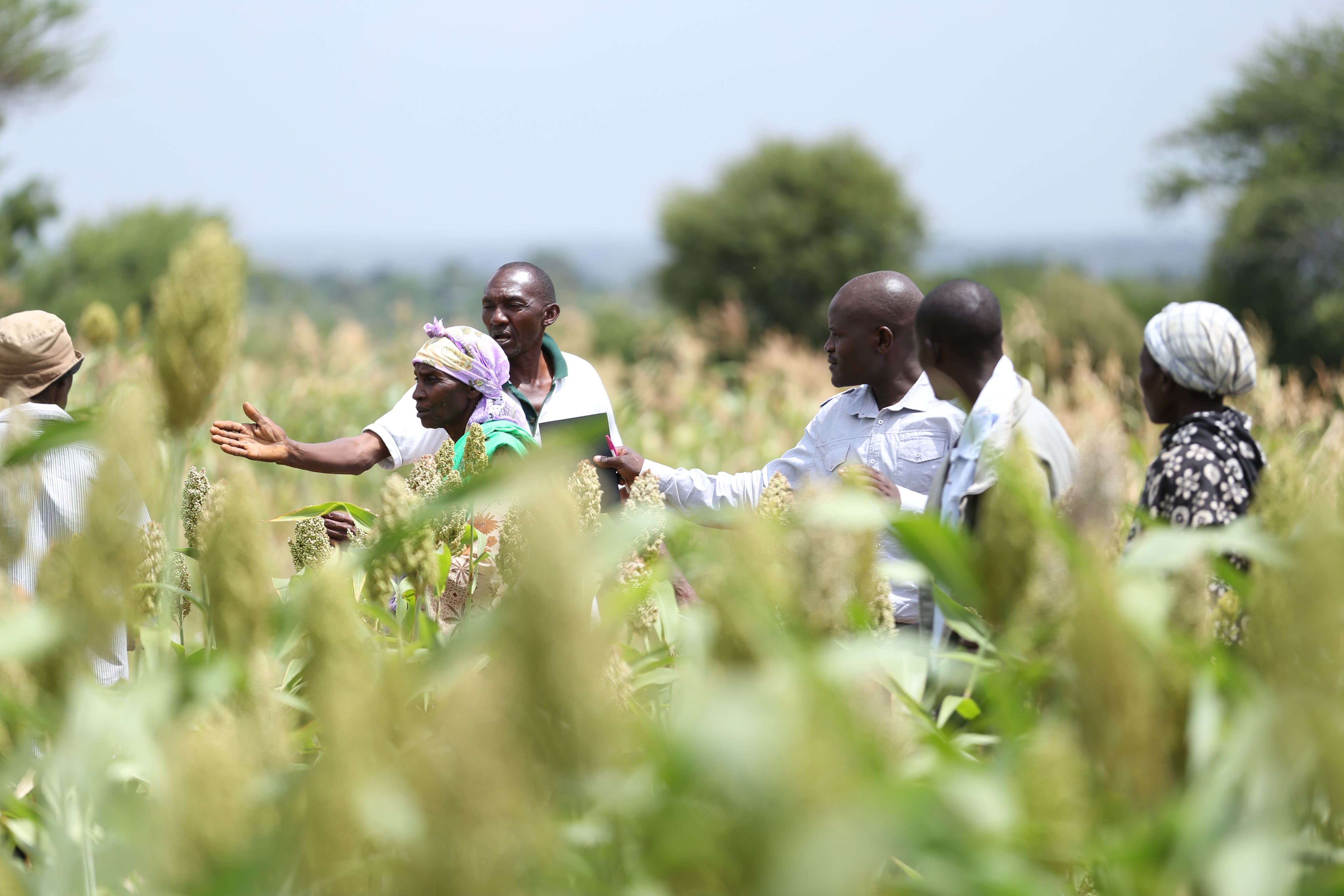
Policy and Coordination Failures
Ineffective policies and poor coordination lead to resource use conflicts.

The Prospects
Where others see challenge, we see prospect.
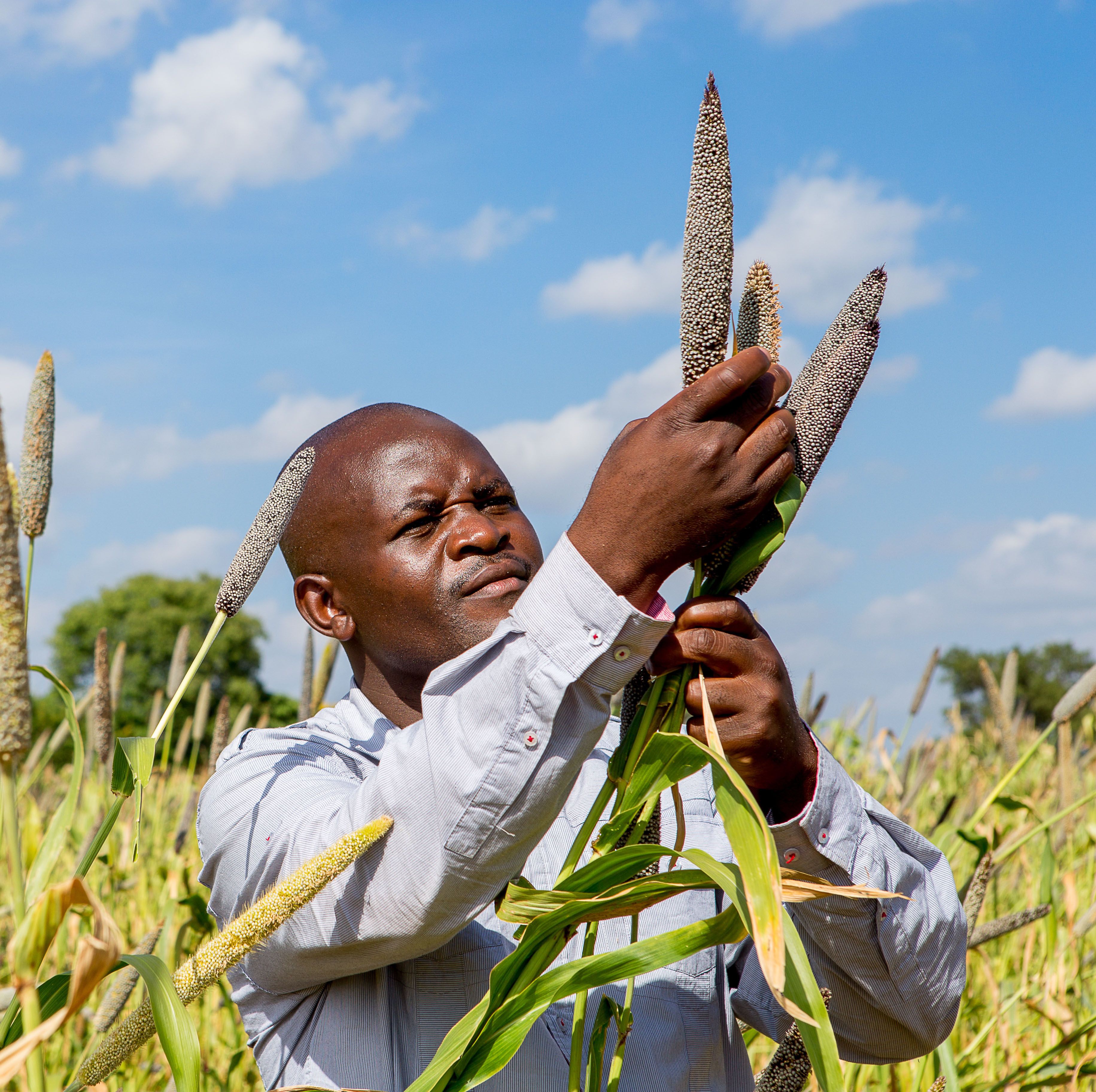
Sustainable Agriculture Practices
Developing and delivering system level soil health, crop and agronomic technologies for increased production, productivity and resilience of communities. This includes the development of stress-resilient, nutrient-dense crop varieties that are preferred by end users.
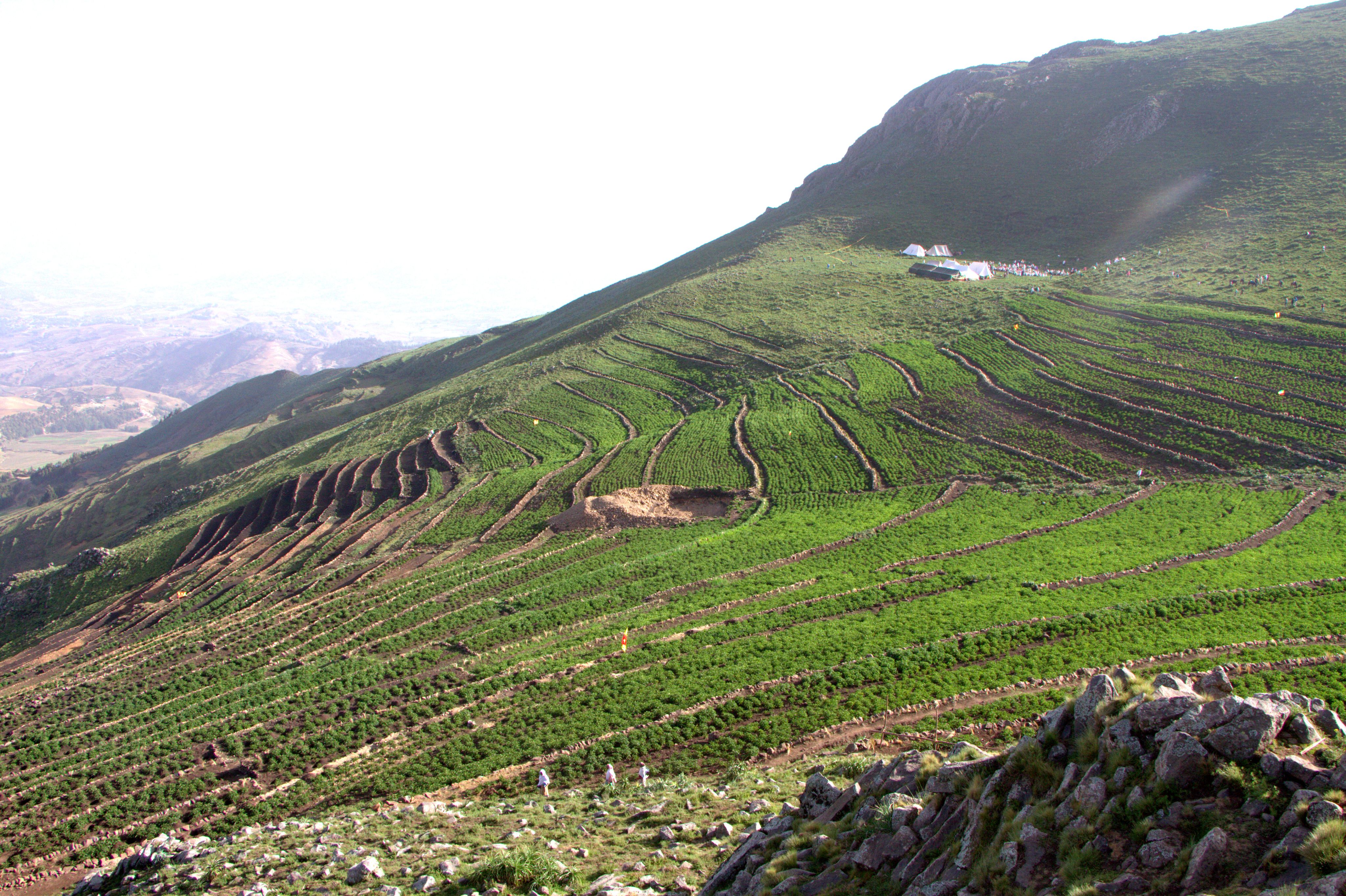
Ecosystem Restoration Initiatives
Programs aimed at restoring and conserving ecosystems, such as reforestation and land rehabilitation projects, can improve biodiversity, enhance land productivity, and sequester carbon, contributing to climate change mitigation.
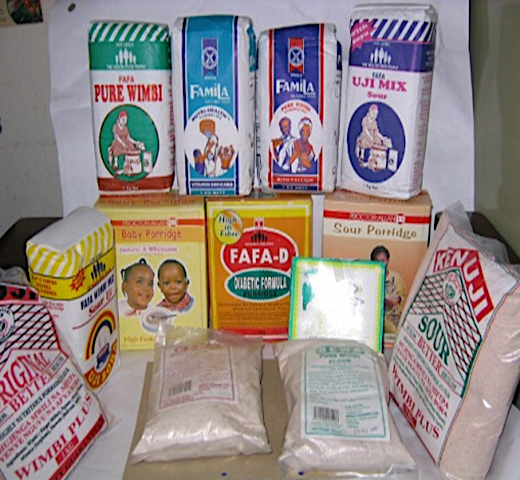
Enhanced Market Access and Value Addition
Developing infrastructure and policies to improve access to local and regional markets can boost economic growth. Promoting value addition in agricultural and natural products through processing industries can increase income levels and create jobs.
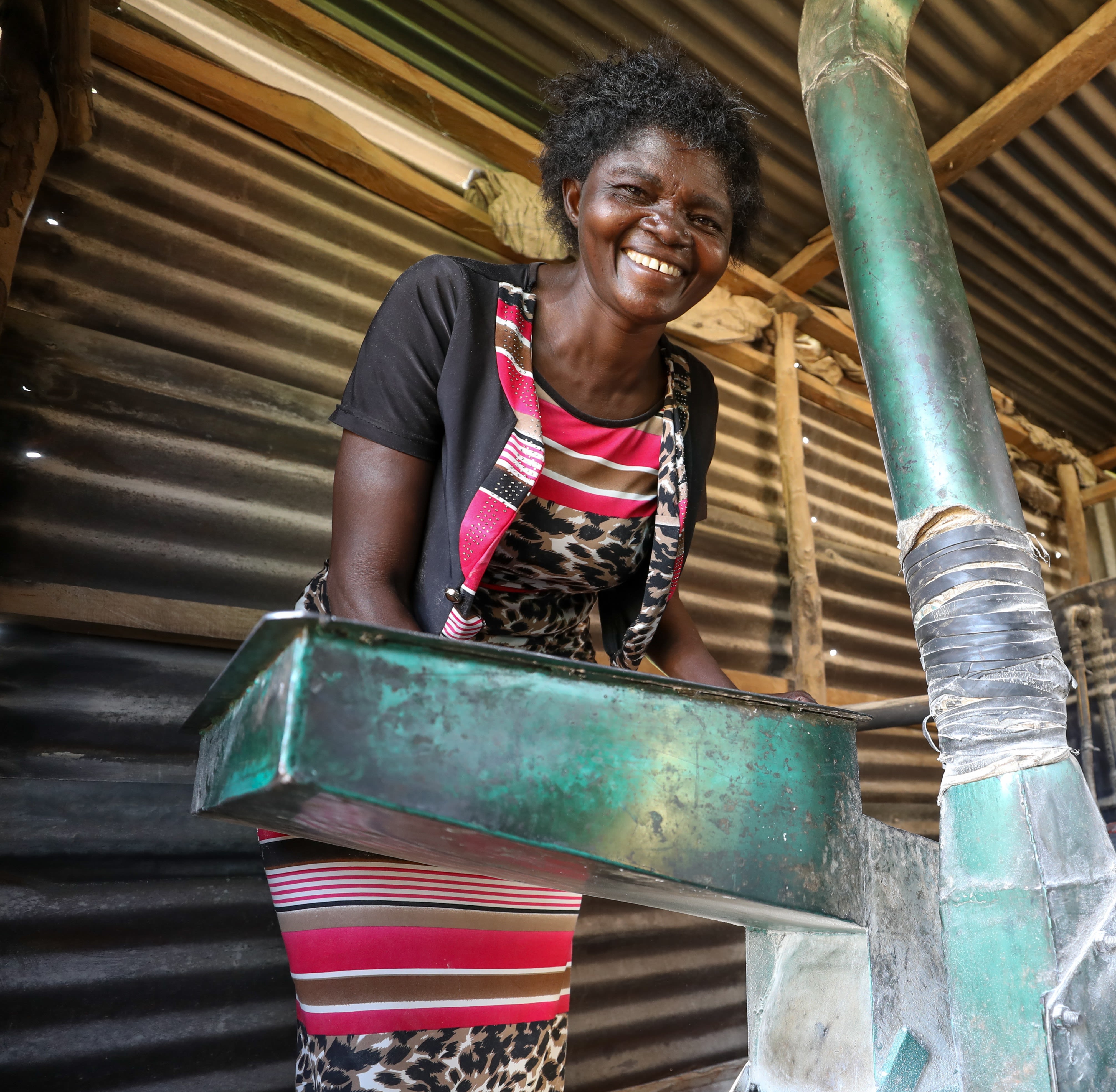
Investment in Education and Training
Increasing investment in education and vocational training, especially for women, can equip local populations with the skills needed to engage in more sustainable practices and adapt to changing economic opportunities.
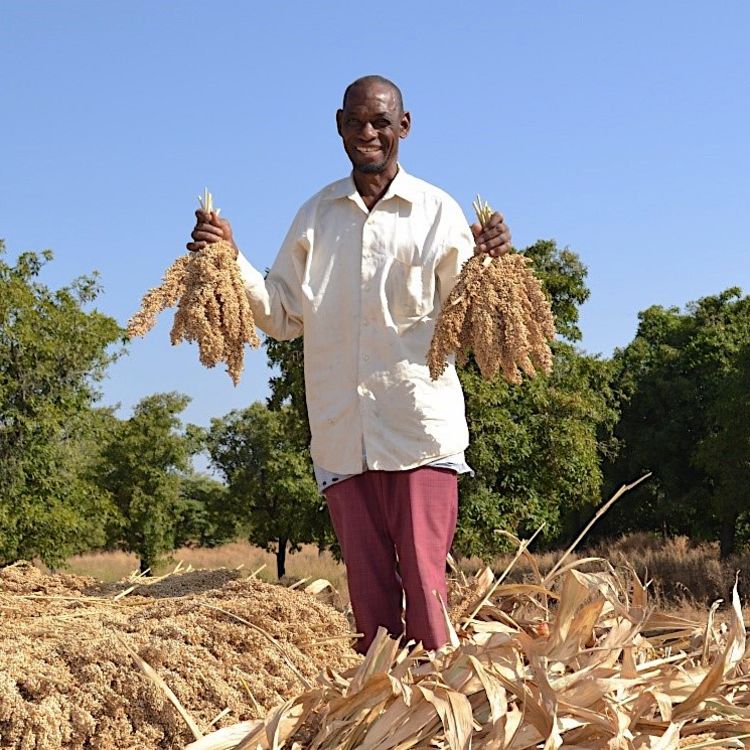
Community-Based Management and Local Empowerment
Empowering local communities to manage natural resources sustainably can lead to more effective conservation and utilization of resources.
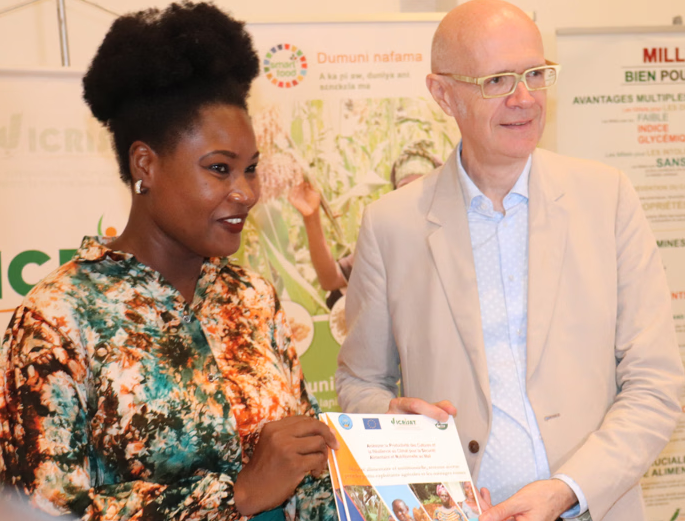
International Collaboration
Strengthening international partnerships and securing resources for dryland agricultural development projects can provide the necessary support for large-scale initiatives aimed at addressing Africa’s challenges.

Our Comparative Advantage: Advanced Institutional Capability and an Adaptive Regional and Country Presence
ICRISAT draws upon over 50 years of robust research and development experience to develop and deliver science-based solutions that address the challenges of agricultural growth, hunger, poverty, gender inequality, and climate resilience in vulnerable farming communities in the drylands.
Deep Institutional Capabilities
ICRISAT focuses on developing resilient crops and allied technologies for nutritious agri-food systems with reduced carbon footprints, along with scalable models for landscape restoration, integrated crop-livestock systems, and soil and water management.
We emphasize market-oriented delivery approaches, cutting-edge genomic science,Visio digital innovations, and promoting gender equity and youth engagement to enhance social inclusion.
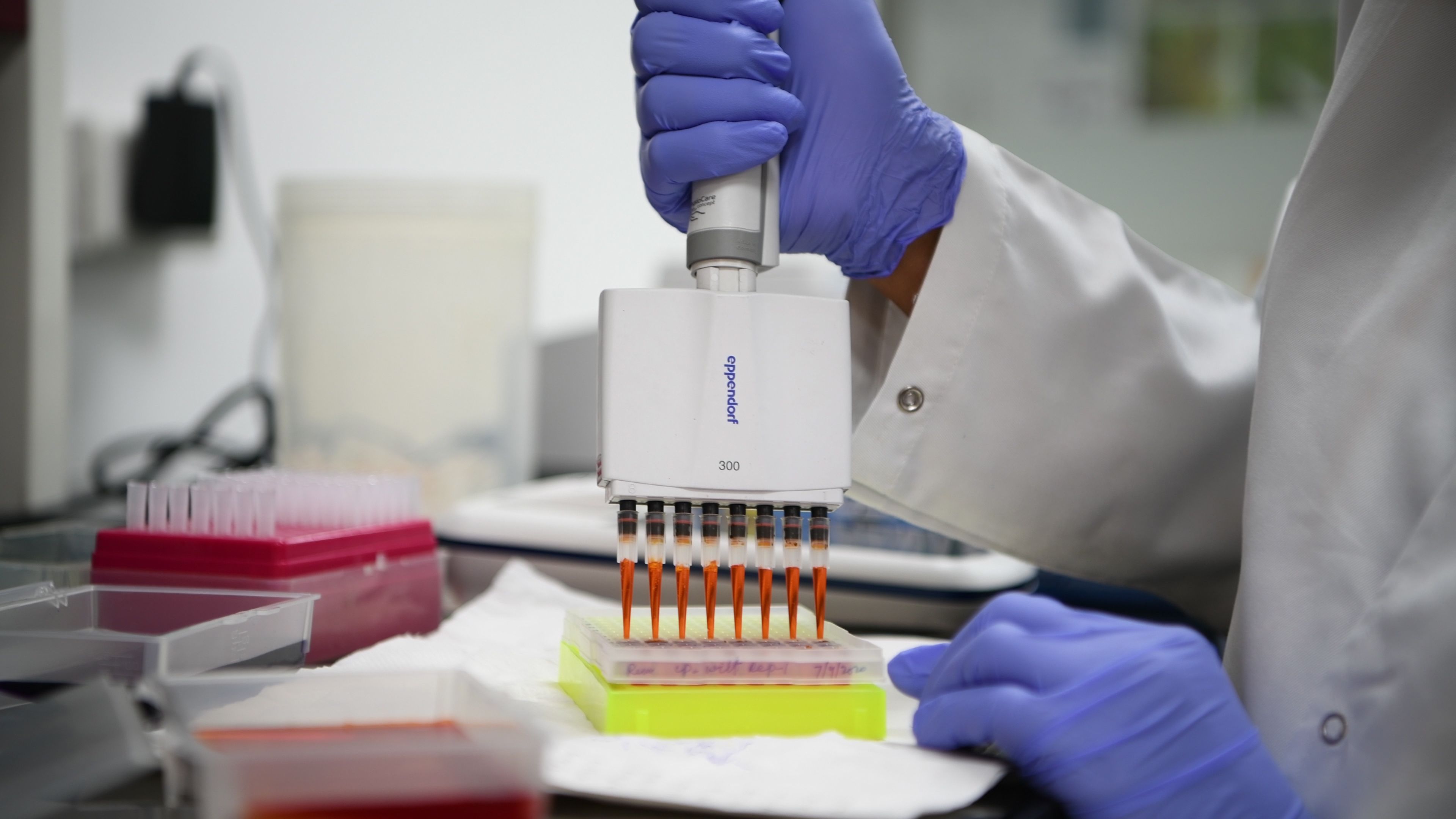
Adaptive Regional and Country Presence
ICRISAT implements global research programs regionally in Eastern and Southern Africa and West and Central Africa, enhancing its ability to align with regional priorities and global missions, and facilitating partnerships with local NARS, nonprofits, and private enterprises.
As local contexts evolve due to policy shifts, economic changes, and climatic events, ICRISAT’s country offices adapt their Research and Development strategies, ensuring diverse and effective responses that contribute significantly to achieving relevant Sustainable Development Goals (SDGs).
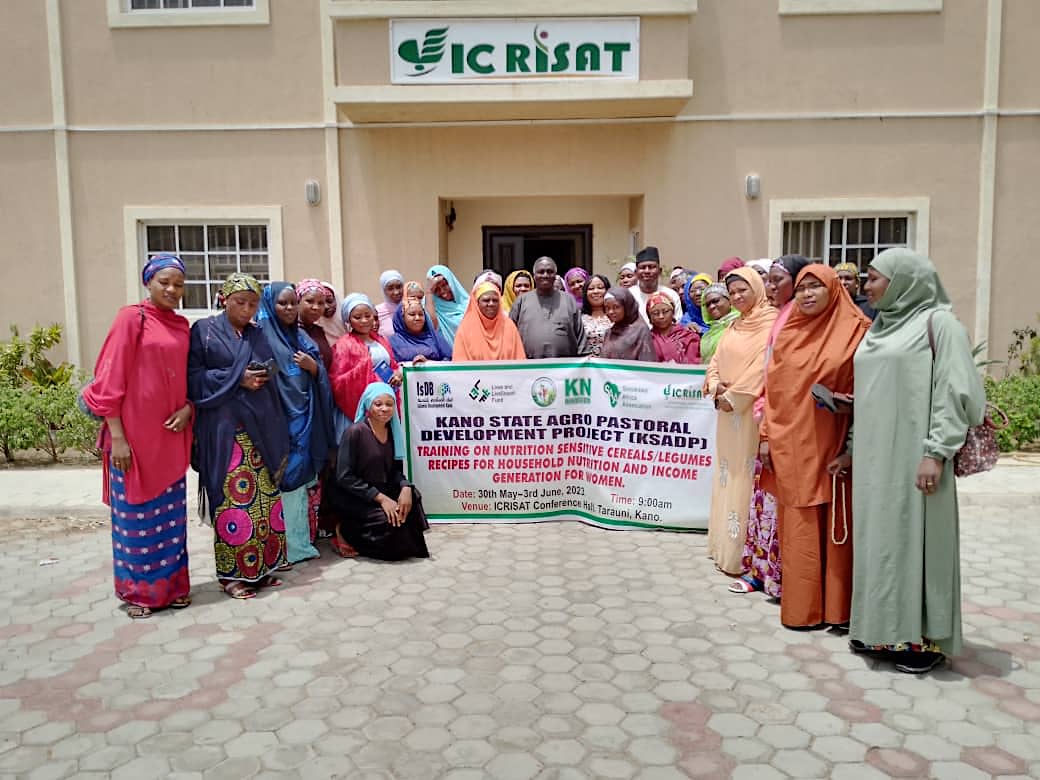
Our Africa Vision is Founded on 7 Strategic Areas
Strategic Area 1: Enhance Crop Genetic Innovation
Our strategic focus on crop genetic innovation will center on enhancing pre-breeding and breeding capabilities, with an emphasis on building technical capacity at key local institutions such as NARS and universities.
By harnessing advanced genomic tools and techniques for rapid generation advancement, this strategic area aims to cultivate high-yielding, nutrient-rich, and stress-resilient cereal and legume varieties that are optimized for drought conditions, including bio-fortified and climate-adaptive varieties.
The vision will prioritize the development of dual-purpose crops that serve both food and livestock feed needs, and industry-oriented cultivars tailored to meet the varied demands of farmers and consumers, ensuring considerations of gender, age, and social inclusion are integrated into crop development processes.
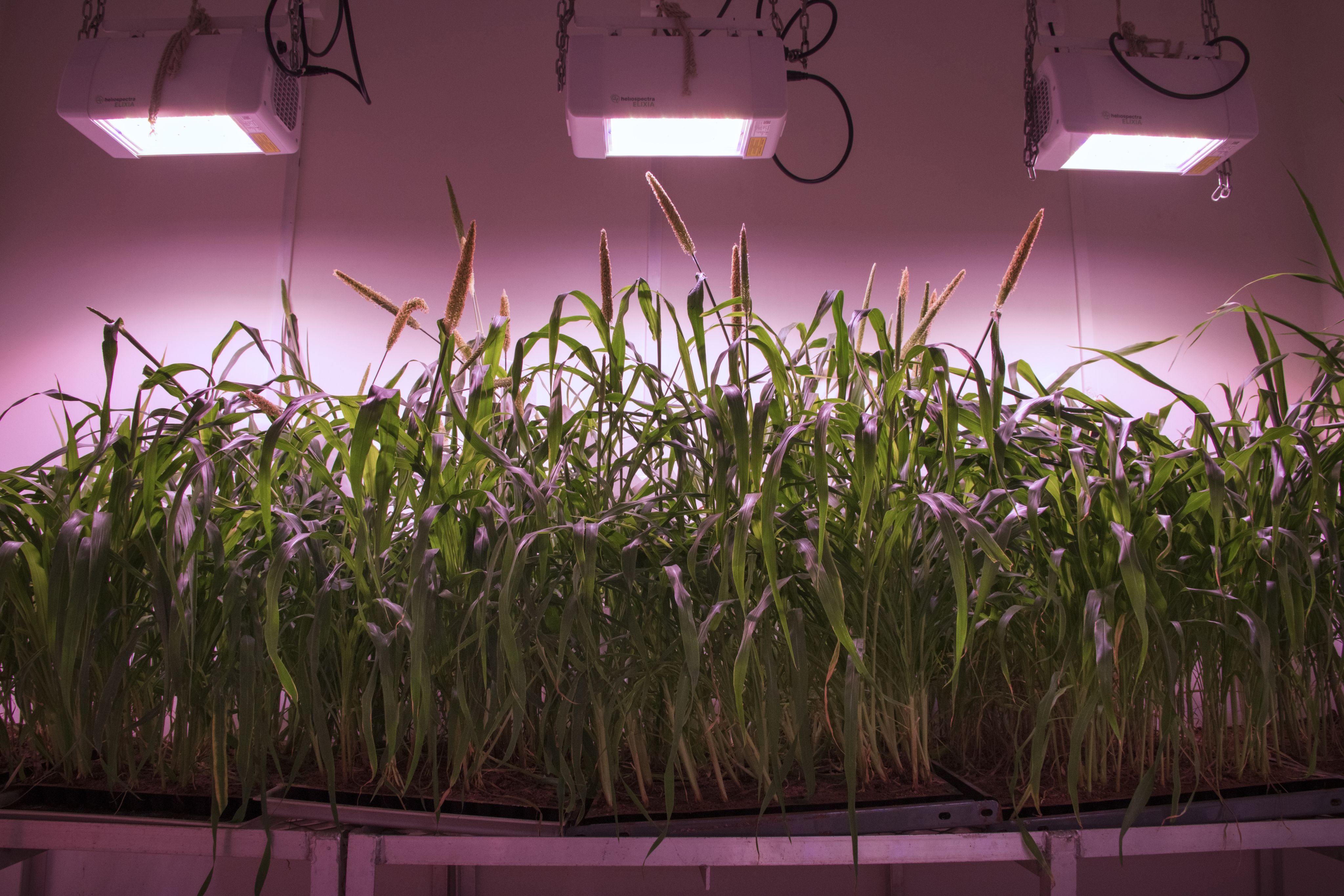
Strategic Area 2: Develop Innovative Seed Delivery Models
We will strategically strengthen seed systems by forging public-private partnerships aimed at enhancing the availability and quality of seeds from improved crop varieties.
We will expand and improve access to cutting-edge seed technologies by drawing on vast regional expertise and successful models like Community-Based Seed Systems, Seed Revolving Funds, and the Hybrid Parent Research Consortia.
This approach is designed to build robust seed distribution networks that can effectively meet the evolving needs of diverse agricultural stakeholders.
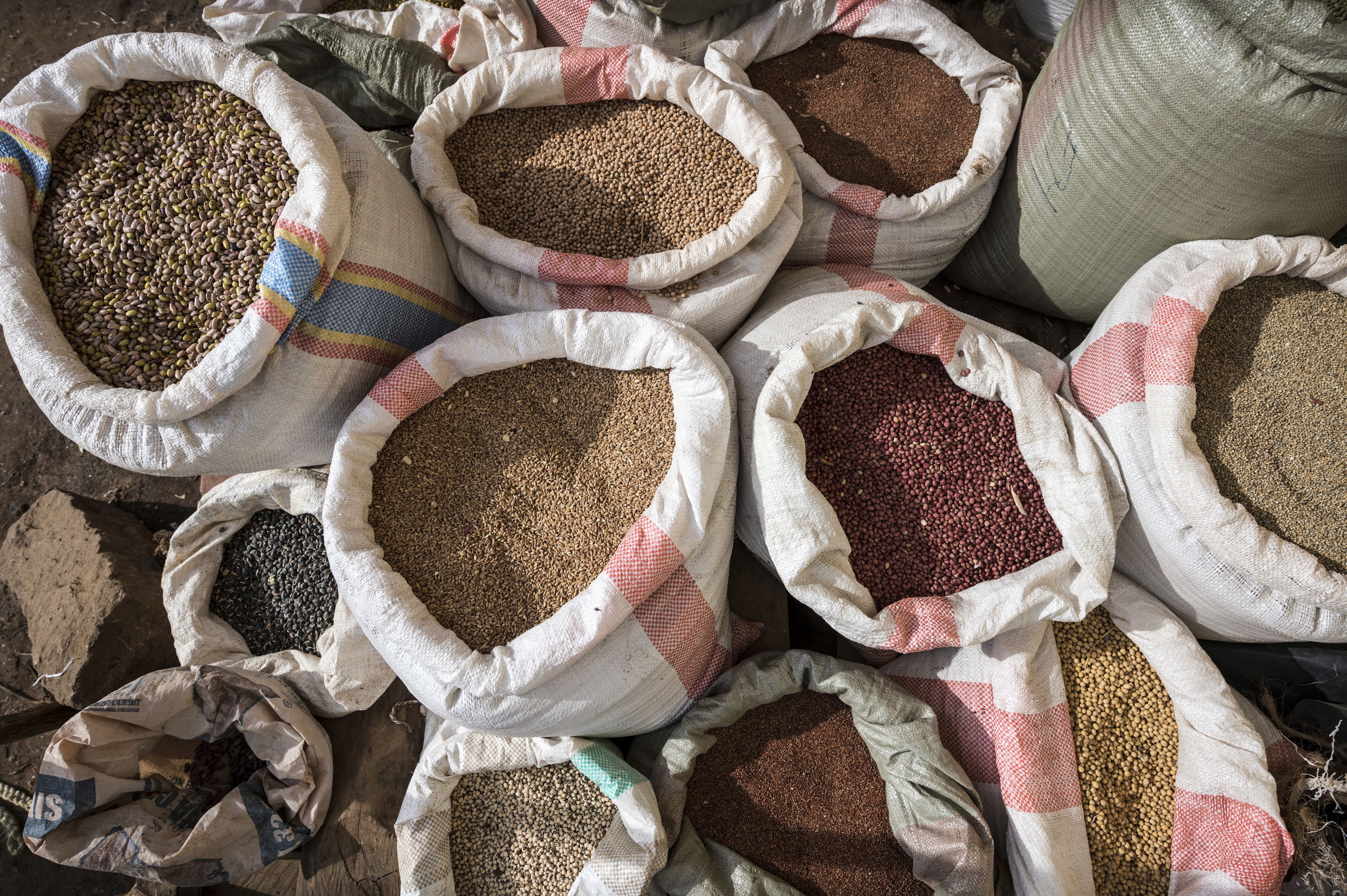
Strategic Area 3: Develop Landscape Technologies and Integrated Agronomic Solutions
We will scale and integrate targeted plot and farm-level interventions up to the landscape level to optimize natural resource management. This will be achieved through the deployment of community-based watershed management, integrated soil fertility management practices and farm decision support tools that enhance soil nutrient and water use efficiency.
This strategic area incorporates the use of advanced geospatial technologies, including crop suitability maps and land use analysis derived from satellite imagery, to facilitate the adoption of climate-smart practices and improve carbon sequestration.
We will also utilize early warning systems for predicting extreme weather events or pest outbreaks, and implement scale-appropriate mechanization and digital innovations to enhance efficiency in agricultural and processing operations.
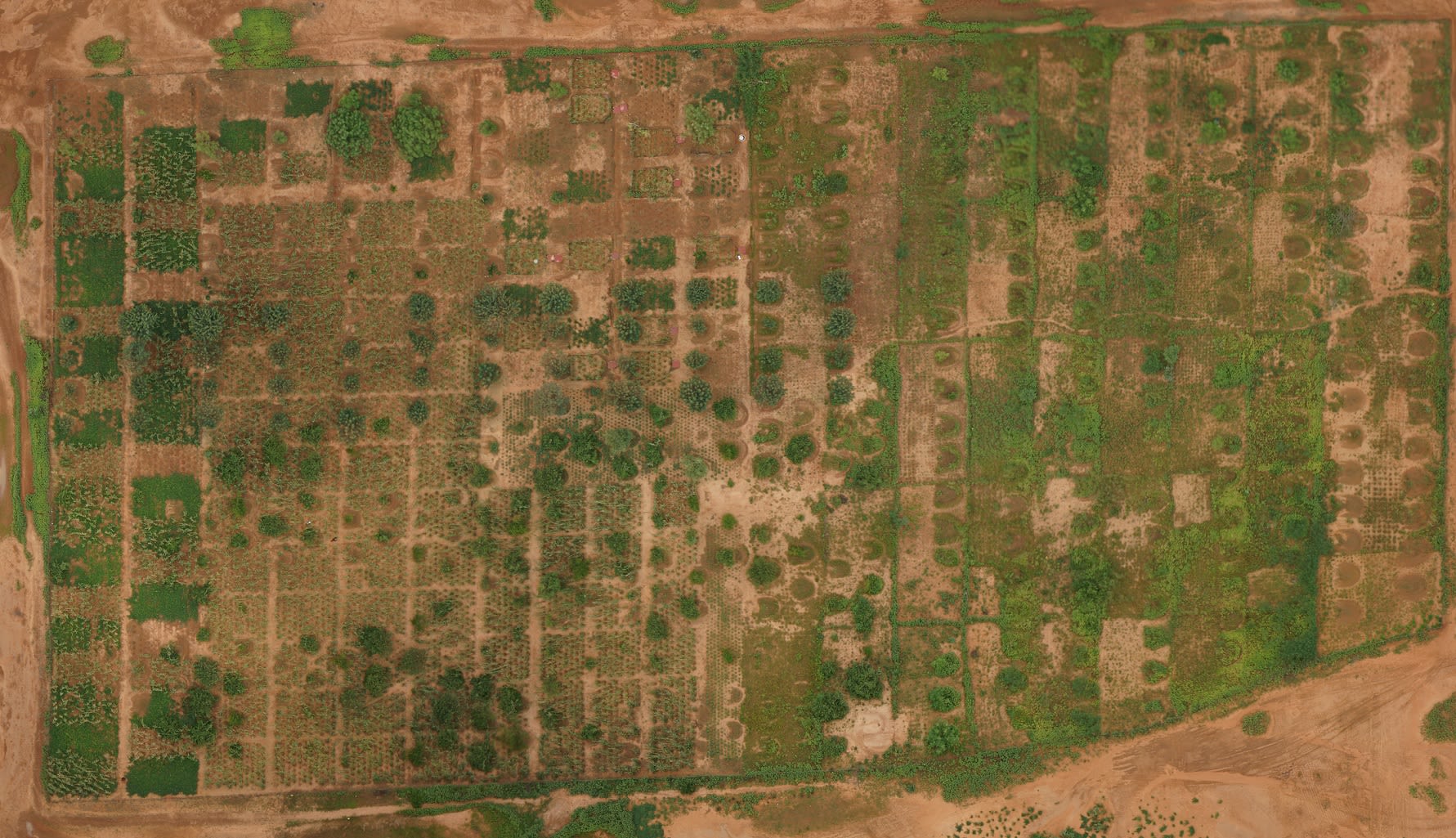
Strategic Area 4: Deploy Digital Agriculture
We will capitalize on digital innovations and platforms to advance and disseminate climate-smart agricultural technologies, aiming to boost the resilience, productivity, and sustainability of agri-food systems.
Key to this vision is the deployment of ICRISAT’s MEASURE Platform, iSAT, SEEDex, and other ICT platforms, which will serve as critical tools for distributing market information and agro-advisories.
These platforms will not only facilitate the adoption of new technologies but also inform investment decisions and aid in the development of evidence-based policies, ensuring a comprehensive and informed approach to enhancing agricultural systems.
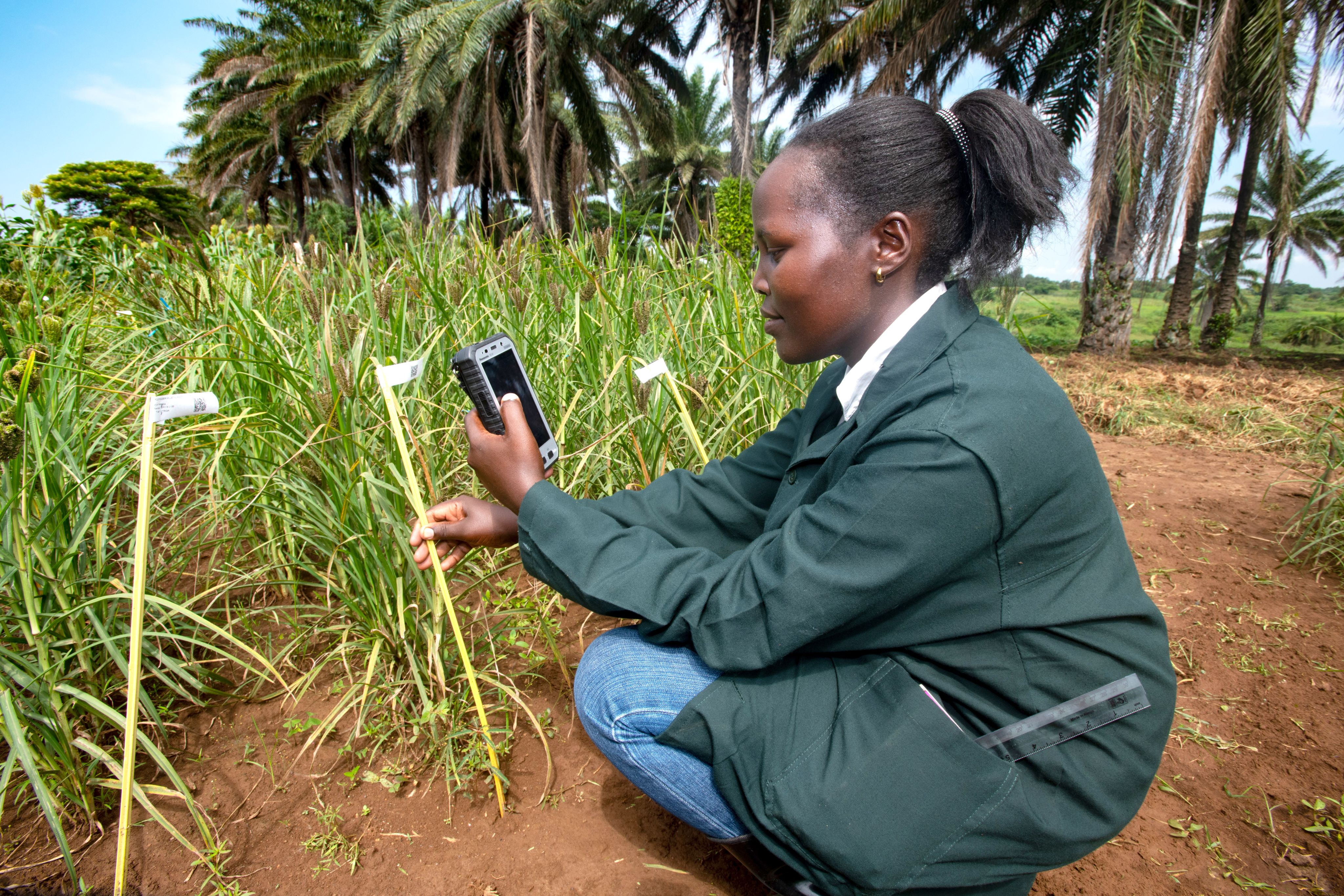
Strategic Area 5: Create Enabling Environments for Scaling and Impact
ICRISAT will strategically direct its research efforts to catalyze and facilitate the effective delivery of R4D investments, with a specific focus on conducting robust feasibility and foresight analysis to estimate return on investment of new innovations, technologies and processes as well as undertake ex-post impact studies and analyses to provide options for building climate-resilient agricultural value chains. This will include the identification of gaps and opportunities to forge strategic alliances with private sector and other value chain actors including farmers’ groups and youth to promote agripreneurship.
The approach will emphasize strengthening public-private partnerships, enhancing gender equity, and improving nutrition and health practices. It will also aim to build capacity within extension systems and generate robust evidence to inform policies that bolster dryland agri-food systems worldwide.
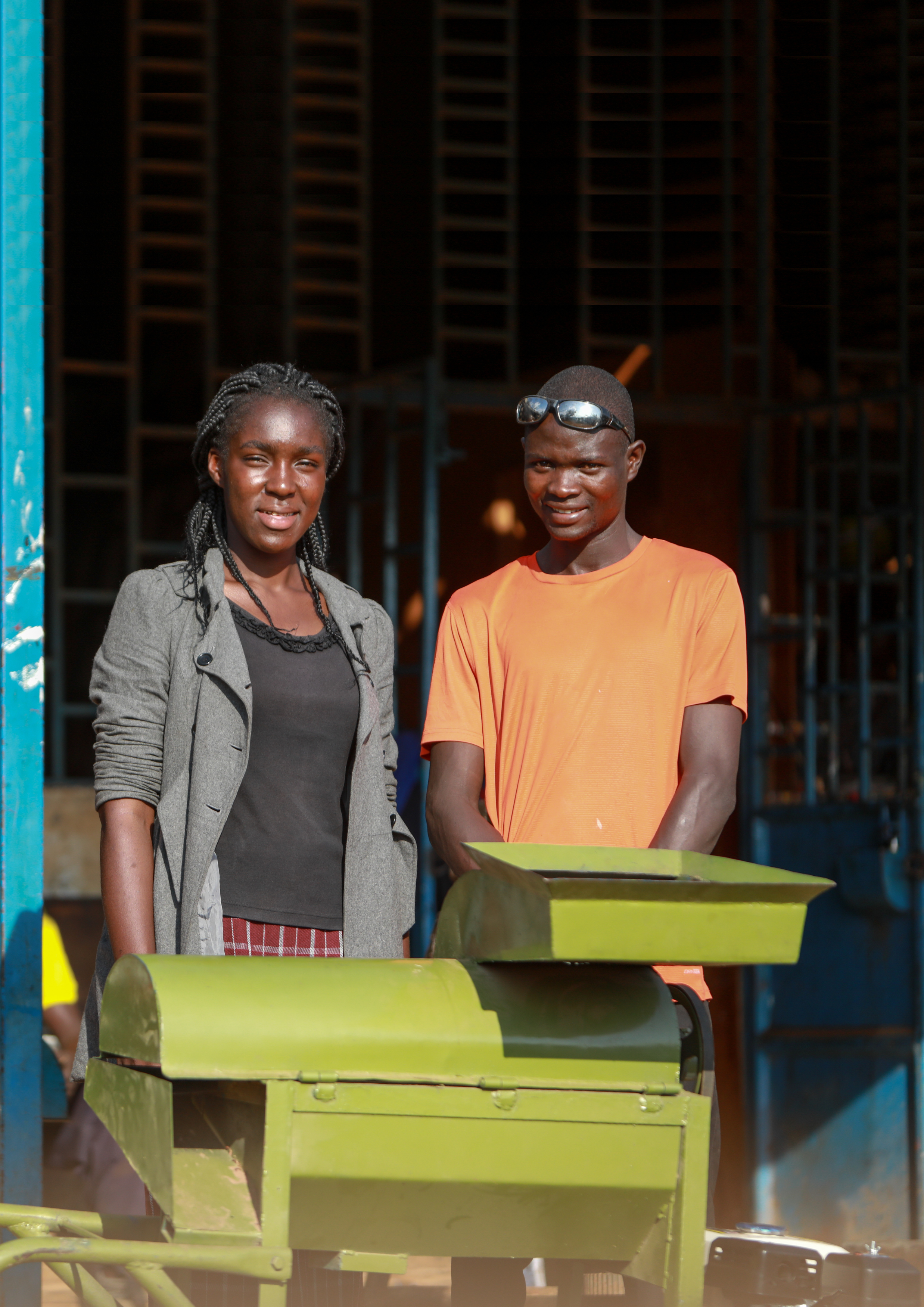
Strategic Area 6: Expand Our Partnerships
We will strategically enhance our impact by forging strategic partnerships aimed at delivering science-based solutions for dryland agriculture. This approach includes collaborating with CGIAR centers, national agricultural research systems (NARS), agricultural research institutes (ARIs), NGOs, the private sector, and regional organizations to align with the SDG 2030 and African Union Agenda 2063 objectives.
We will apply South-South collaborations to facilitate knowledge exchange between Asia and Africa, and engage with private industries to support agribusiness incubators, corporate social responsibility (CSR) initiatives, and the sustainable deployment of scientific applications.
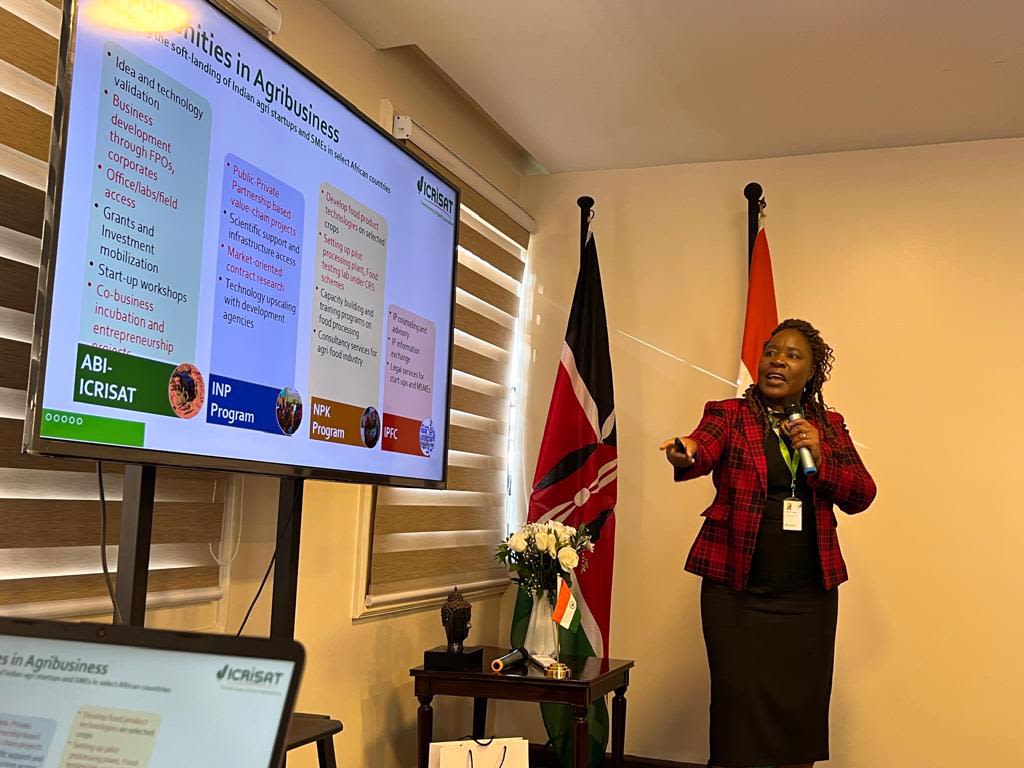
Strategic Area 7: Integrate Tailored Corporate Support
This vision will be driven by a comprehensive corporate services framework, designed to seamlessly integrate resource mobilization, human resources, and communications to enhance operational efficiency and propel strategic initiatives.
We will strategically focus on diversifying funding streams and securing necessary resources to sustain and expand our projects.
Simultaneously, our human resources will focus on assembling a skilled workforce capable of executing our vision, while our communications team will actively promote our mission and achievements, engaging stakeholders through targeted outreach and impactful storytelling.
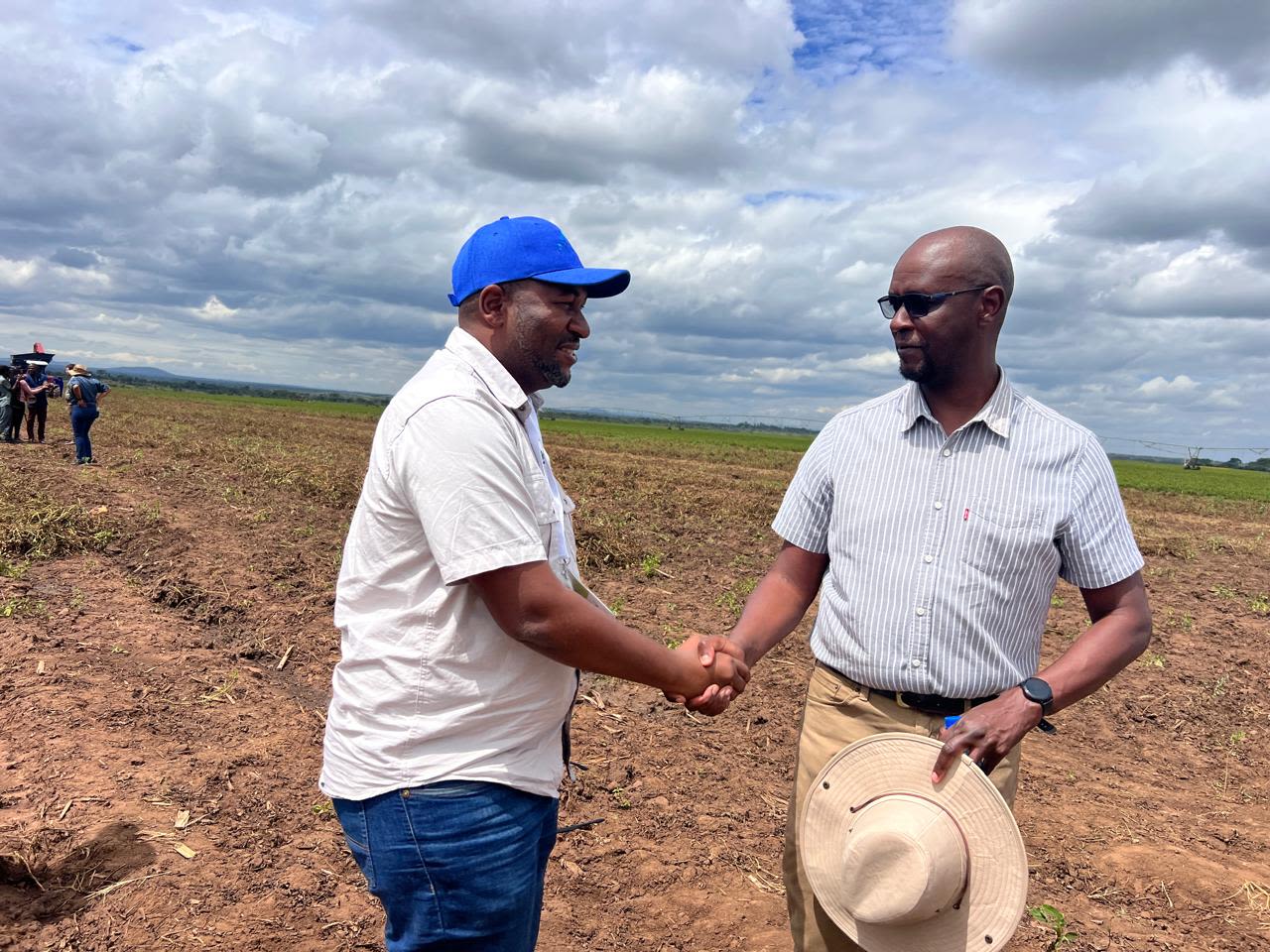
Where We're Based
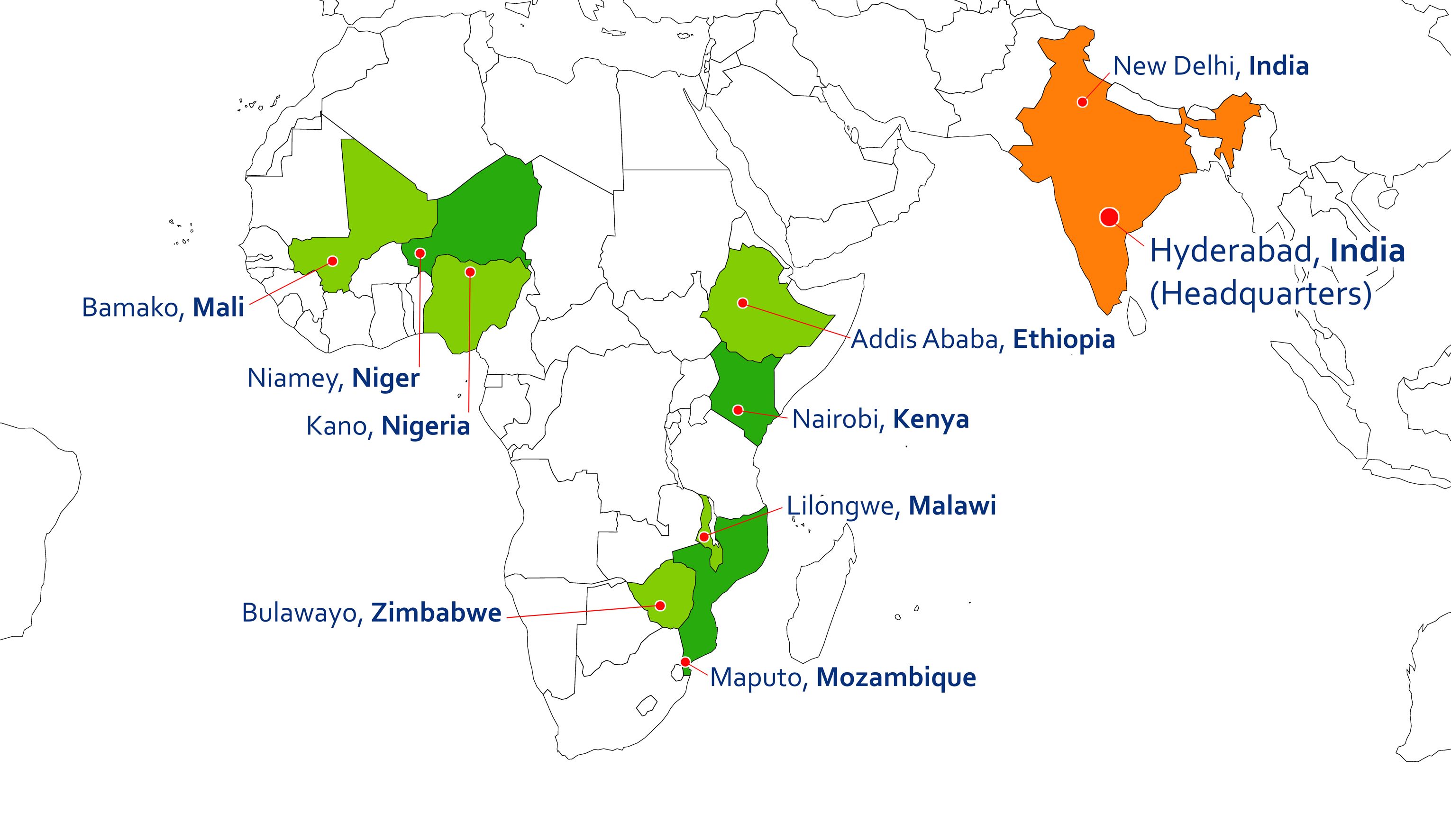

For further information, please contact:
Dr Rebbie Harawa, Director of ICRISAT's Africa Program
Email: icrisat-ken@icrisat.org
Address:
PO Box 39063
Nairobi, Kenya
Phone: +254 20 7224550
Visit us at www.icrisat.org
